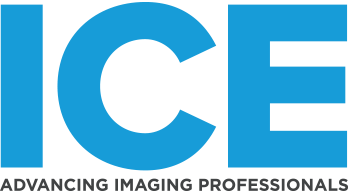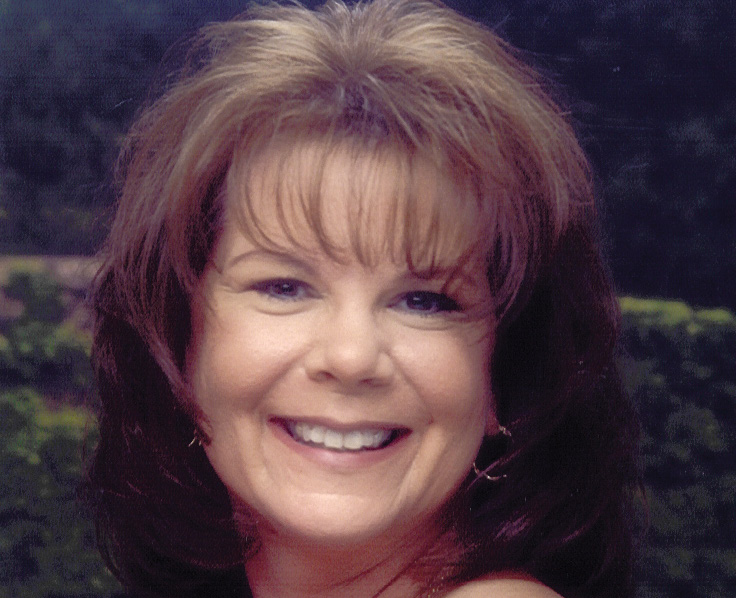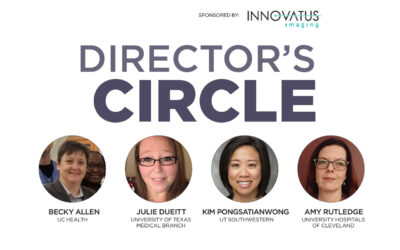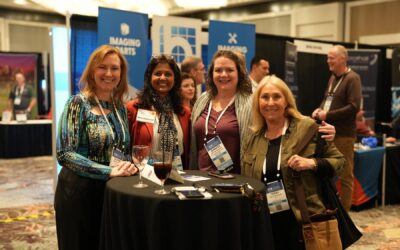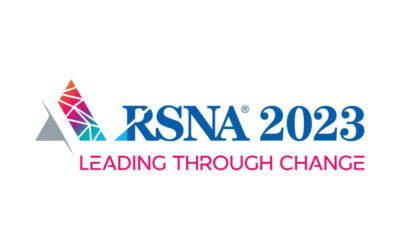 By Cindy Stephens
By Cindy Stephens
In light of the ICE Conference coming up in February in Las Vegas, here are some “Networking Tips” to empower you to make the most of your time and investment.
Have concrete goals in mind. You can’t talk to everyone at a conference, so it’s a good idea to go in knowing what you want to get out of it. Do you hope to find a connection that will eventually lead to a job offer? Do you want to garner more business for your company? Perhaps you simply want to meet people in your line of work and foster a deeper connection with others in your industry.
Your goals will influence which sessions you attend and which people you seek to meet. Instead of just going with the flow, plan out your time so you’re working toward your goals.
Remember that you’ll be more successful if you’re open to other people’s pitches instead of just trying to push your own agenda on people. Getting to know people is a good goal since it leads to long-term relationships that just don’t happen if you’re tossing out as many business cards as possible without taking time to have real conversations.
Research the attendees. It’s important to know who your fellow attendees will be and what their specializations, business, or expertise is. In particular, look up the people who will be presenting or exhibiting at the conference. They are the influencers who can help you get better connected to your industry or who may even be able to share ideas with you or talk through projects you’re working on.
Take the time to visit their LinkedIn page to learn about their backgrounds. If you’re aiming to network with someone working for a company, research the company’s background, including its history and age, mission, achievements, and principal staff.
Consider emailing people you want to meet. Introduce yourself to key people and let them know that you look forward to hearing their talks or meeting them in person. They will, most likely, email you back and thank you. Now you’ll have a bit of history to fall back on when you see them at the conference.
Dress for the occasion. At conferences, business attire is the norm even if this industry tends to be more casual. In any case, aim to look polished and stylish so you make a good first impression on people.
Bring business cards. Passing out business cards is an effective way to give out your contact information. You should also plan to carry a business card binder so you can keep track of other people’s cards, too. There’s nothing worse than having a great conversation with someone only to realize you lost their card and don’t remember their name.
If you don’t have business cards, it’s worth it to get some made. Keep the design understated and professional. Make sure the cards have your name, email address and phone number, the name of your company/hospital and/or your occupation.
Create a schedule. Once at the conference, figure out which presentations and other conference events you want to attend. You can also do this before you arrive by visiting the conference’s website at AttendICE.com.
Set appointments with people you know you want to meet. Everyone will have a busy schedule, but you could coordinate a coffee break or breakfast meeting with people you definitely want to have a conversation with.
Plan to take advantage of parties and cocktail hours instead of going back to your hotel or room. This is when people get a little more loose, and the conversation is less stiff.
Introduce yourself to people effectively. No matter who you’re talking to, whether it’s the person sitting next to you at a seminar or someone with whom you’re riding the elevator, be friendly and introduce yourself. When first introducing yourself, limit your introduction to stating your name, who you work for and a bit about your background. Presenters and others associated with the conference may be time-limited at that particular moment.
Practice what you’re going to say at home to make sure to include all pertinent information. However, try not to sound rehearsed when you give your “spiel.”
Ask people meaningful questions and really hear them out. A good networker is a good listener. When you’re talking to someone, focus on that person’s answers to your questions. Limit your own talking and encourage the other person to talk. Whatever you do, no matter how excited or enamored of this person’s expertise or importance you are, don’t jump to conclusions about what he or she will say next and try to fill it in.
Maintain eye contact, nod and unfold your arms.
Enjoy talking to the other person. Remember that networking is a wonderful opportunity to get to know people, so make the most of it by enjoying it as well as trying to connect.
Be receptive to others. Plan to accept as many business cards as you give out.
Talk to presenters. Go to the talks of those presenters you want to meet (especially if you emailed them prior expressing interest in doing so). Arrive early and sit in the front row so that you’re in a good position to reach them after the talk. Listen attentively and take notes so that you can raise particular points with them afterward during your discussion. When the presentation has concluded, introduce yourself, compliment their presentation and ask relevant questions.
Bear in mind that you might be able to arrange to see the person later at a dinner event or similar event during the conference if they’re not free straight after their talk. Give them your business card and be sure to set a time to catch up again during the period of the conference. This applies also to any exhibiting companies you wish to meet!
Enjoy the moment. Instead of thinking ahead too much about what talking to this or that person will get you, be in the moment and try to truly enjoy the process of meeting new people. If you like the industry we’re in, it should be fun to talk to other experts in the field. You’ll come across as someone worth getting to know better if you seem like you’re genuinely enjoying yourself. You should have as much to offer others as they have to offer you.
